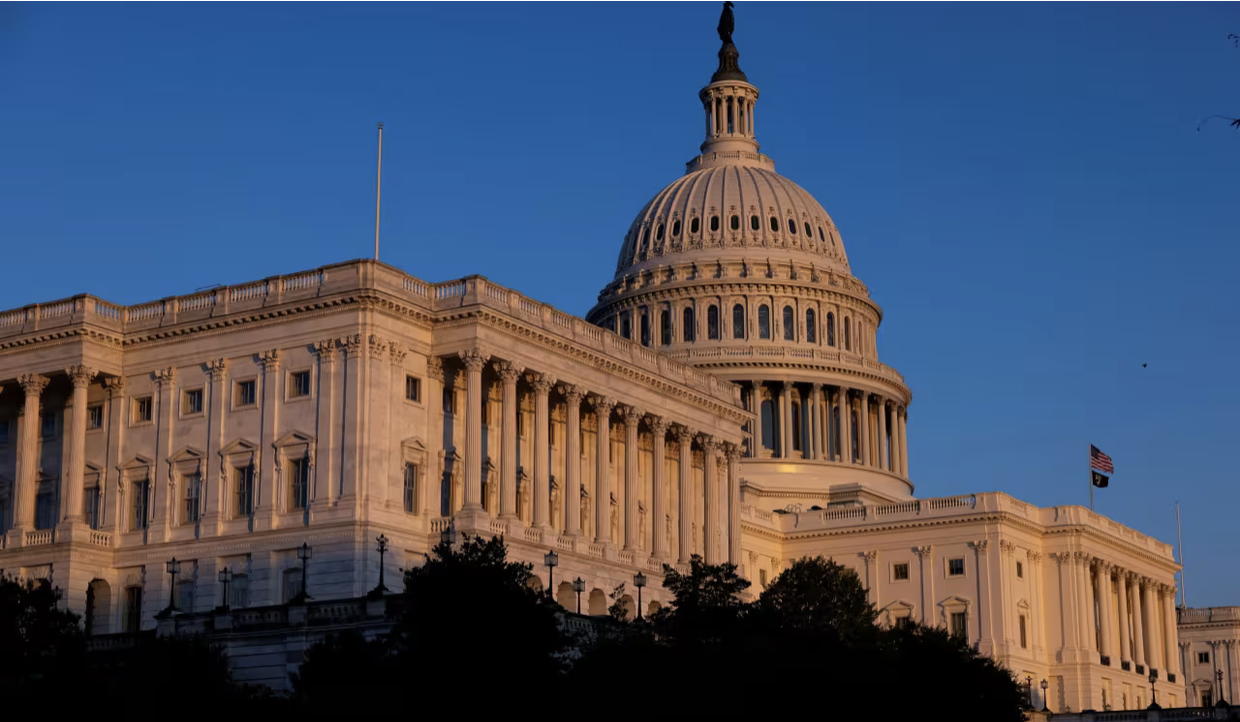By: The Editorial Board – wsj.com – March 24, 2025
The Justices take up a case on taxes and phone bills, but the big question is the Constitution’s ‘nondelegation’ doctrine.
A 1996 law tells the Federal Communications Commission to levy money from phone carriers to subsidize “universal service.” Congress gave the FCC vague “principles” to pursue, including “affordable rates” and “equitable” telecom contributions. The rest is up to the bureaucracy, including the amount of the tax. In recent years it has neared $10 billion, which gets passed on to consumers. What’s more, the FCC handed implementation to a nonprofit, the Universal Service Administrative Company, or USAC.
No problem, the government’s brief argues: A delegation is constitutionally fine as long as Congress “supplies an intelligible principle to guide the agency.” In the FCC’s case, the law “specifies who must pay universal service contributions, the terms on which they must do so, the purposes for which the funds must be used, the types of services that the Commission must subsidize, and the types of entities that may receive funding.”
The law’s challengers reply that this is “delegation running riot.” The FCC’s power to raise revenue from telecom providers is “unbounded by any statutory caps or rates.” The fuzzy principles that Congress set forth aren’t much practical guidance, and the FCC “can even add new principles and—taking the cake—redefine ‘universal service’ itself, based on an ‘evolving’ standard the FCC determines.”
The Fifth Circuit Court of Appeals held last year, in a 9-7 en banc decision, that this double delegation—Congress lending its taxing power to the FCC, which effectively subcontracted it to the nonprofit USAC—is unconstitutional. If the Justices want to rule narrowly against the FCC scheme, they could focus on that private outfit’s role administering the tax. The USAC’s board has nine seats for the telecom industry and another seven to represent subsidy recipients.
Yet this is also a good opportunity for the Justices to revisit the bigger nondelegation questions. Consider what happened in Gundy v. U.S. in 2019. The dispute was whether Congress could task the Attorney General with deciding how a law on sex-offender registration would apply retroactively to older convictions. It was heard in the run-up to Justice Brett Kavanaugh’s confirmation, so the Court was a Justice short.
The outcome was a 4-4 split, with caveats. The four liberal Justices at the time refused the nondelegation argument. Three conservatives accepted it in full, with Justice Neil Gorsuch at his finest writing a dissent that could serve as a template for a ruling in the FCC case. What prevented a deadlock in Gundy was a prudential vote by Justice Samuel Alito, who said he approved of reviving the nondelegation doctrine, but not in a one-off fashion.
“If a majority of this Court were willing to reconsider the approach we have taken for the past 84 years, I would support that effort,” Justice Alito wrote. “But because a majority is not willing to do that, it would be freakish to single out the provision at issue here for special treatment.”
A major project of the current Supreme Court is restoring the proper understanding of the separation of powers. Reviving the nondelegation doctrine would send a message to Congress to do its job and not cede its power to the President or private actors. A revival would also send a message to the executive that it can’t combine regulatory power with the tax and spending power of Congress.
Six years after Gundy, with the seating of Justices Kavanaugh and Amy Coney Barrett, maybe a majority is willing to reawaken nondelegation doctrine from its misguided slumber.
To see this article in its entirety and to subscribe to others like it, please choose to read more.
Source: Will the Supreme Court Make Congress Do Its Job? – WSJ
 Listen Online
Listen Online Watch Online
Watch Online Find a Station in Your Area
Find a Station in Your Area








 Listen Now
Listen Now Watch Online
Watch Online
